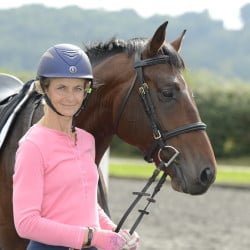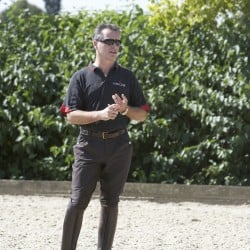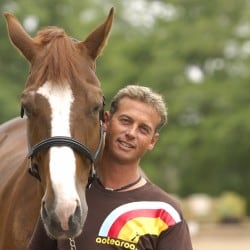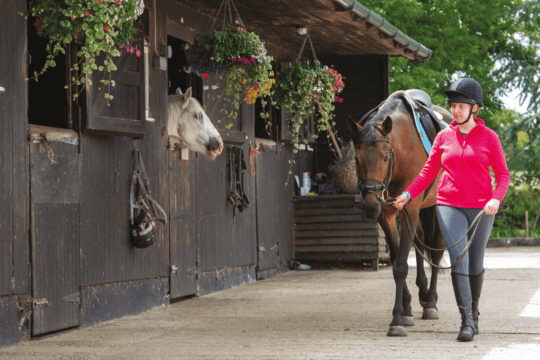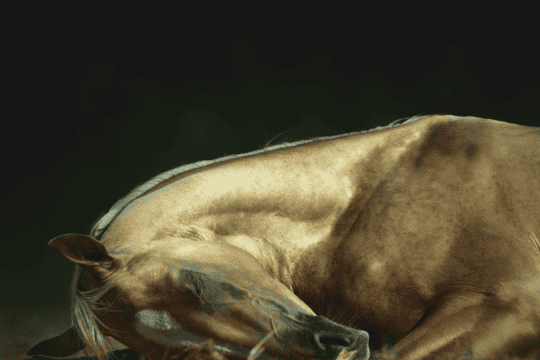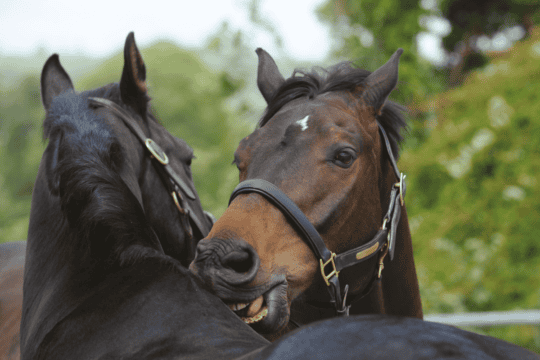Q: My Highland pony gets very hot in the summer, even though he doesn’t have a particularly thick coat. Do you think I should clip him in the summer?
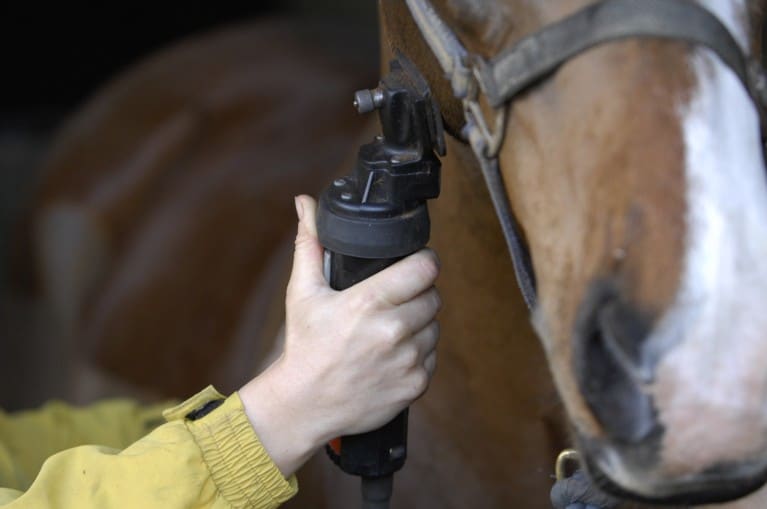
Eileen Gillen answers:
There is no reason why you cannot clip your pony in the summer, if you think he is sweating too much – many competition horses are clipped. Some horses do not lose their coats readily or they naturally have thick coats all year round, so may need a bit of help in this department. Before you get the clippers out, however, first look at your pony’s exercise regime, his weight and how many times you ride him.
More often than not, Highland ponies are very good doers and tend to carry a bit too much weight, which can mean they find it hard to get fit – just like us! The answer is to control his food intake and increase his workload. Ponies are often ruled by their stomach, with grass – which contains a lot of fibre – being their preferred diet. While the fibre is a healthy option for your pony as far as his digestive system is concerned, it also naturally heats the body up – which is why we call it the ‘horse’s own personal central heating system’.
Obviously, this is ideal during the winter months, but can work against you in the summer, if your pony is not working enough and using up the calories to shed any excess weight. If your pony is not fit to do the job you want to do, his heart rate and lung function will increase, and this will sound as if he is panting through his nose. Listen out for it when you ride him and gauge how much you can do each day, but it will improve the more you ride him.
Bear in mind, however, that even some fit horses and ponies may sound as if they’re struggling – they’re called ‘high blowers’ – but this is only apparent when they are in canter work and is a natural function of the nasal passages when they exhale the air from their lungs. The difference between them and an unfit pony is that their heart rate will probably be low while the unfit pony’s will be high.
Eileen Gillen is centre manager at World Horse Welfare’s Belwade Farm in Aboyne, Scotland

